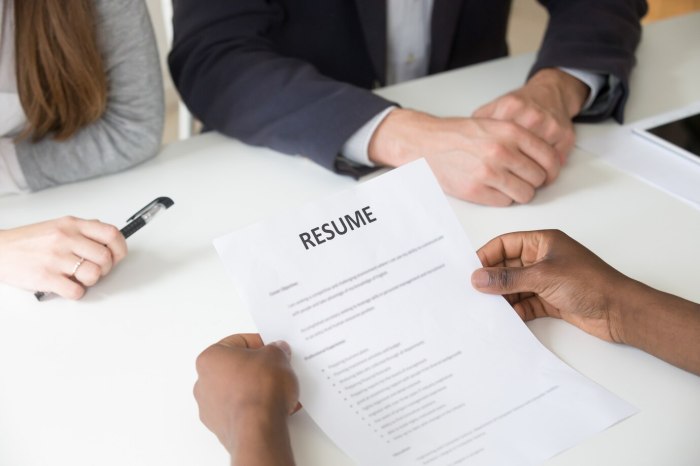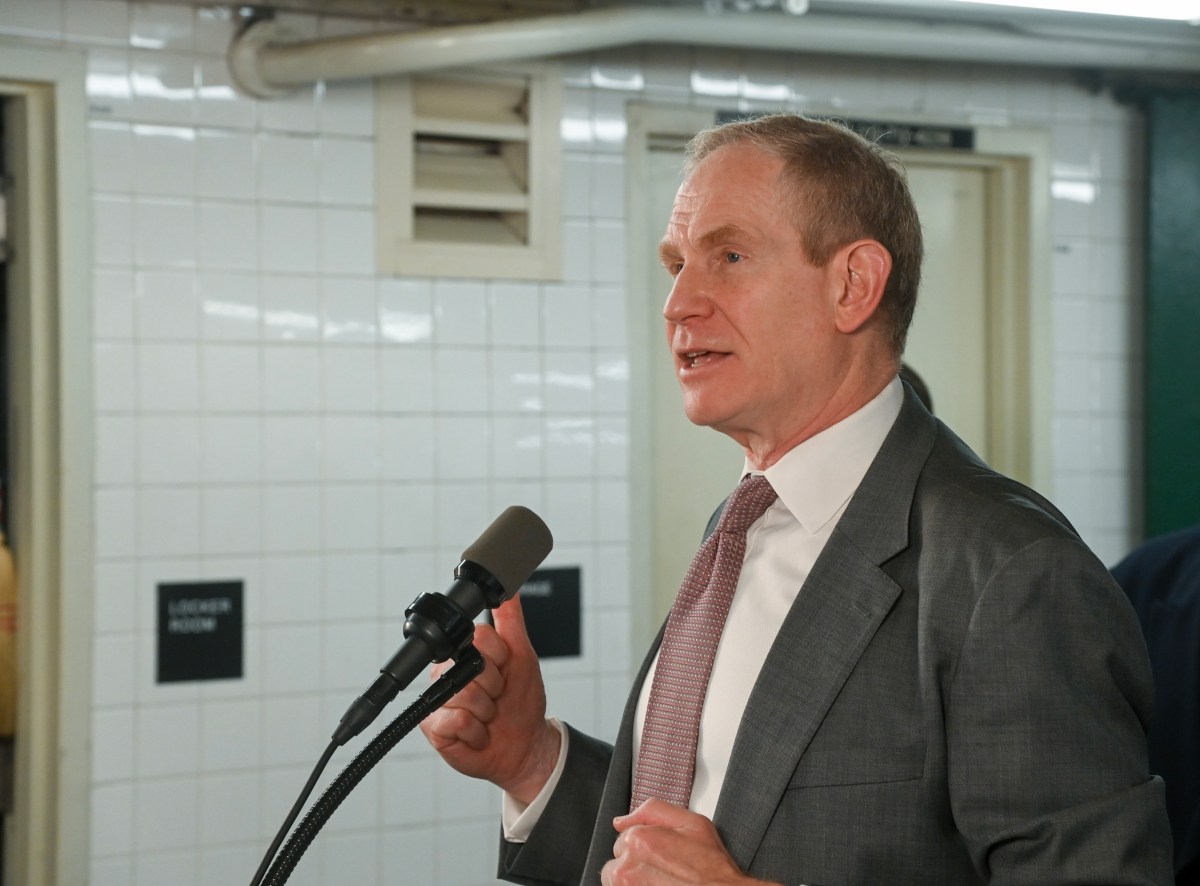To the editor,
There’s no “ambivalence” about my ardor for congestion pricing, as suggested in your story, “Taking its toll” (April 28).
Brian Ketcham and I have been vociferous advocates of the idea since he made it a key strategy of his pioneering 1973 Clean Air plan (which became federal law).
My comment to your reporter was that the mayor made such a strong and eloquent case for the fees that we should just install EZPass on the bridges. It could be done quickly and send a clear signal to drivers that there was no gain in driving out of their way to a free bridge. Such a plan would be easier to operate than the proposed multiple checkpoints in Manhattan, producing much more revenue for transit — a chief benefit of congestion charges.
The reporter asked if such a scheme would be unfair to Brooklyn residents, and she quoted me correctly as saying, “Brooklyn and Queens residents would benefit very greatly by getting rid of the congestion that fans out from the bridges and is messing up the quality of life.”
Drivers benefit most of all from faster travel. After all, $8 a day is what drivers who stuff meters on Brooklyn streets are willing to pay. It’s what two people going shopping in Manhattan would pay for MetroCard fares. Why should one group of people going to Manhattan pay nothing when everyone but pedestrians and cyclists pay something?
In fact, drivers are costing all the rest of us an estimated $30 a trip in the hidden, but real, costs of congestion in everything we buy, in wasted time, in accident and health costs that are not reimbursed, to say nothing of defending our foreign oil supplies.
Yes, $8 is a bargain for all.
Carolyn Konheim, Boerum Hill
The writer and her partner Brian Ketcham are transportation consultants.
IKEA responds
To the editor,
Your recent story on retail development in Red Hook (“Not just Ikea: Red Hook waterfront could become big box Mecca,” May 4, 2007) was not only factually inaccurate, but crossed an unfortunate line from reporting news to reporting rumors.
When contacted for this story, we made it perfectly clear that IKEA had absolutely no development plans for the outparcels on our property at this time. We’re not sure how much more definitive we could be. Indeed, the quote attributed to me in the article could not have been clearer: “…we are focused solely on building and opening our IKEA store and currently do not have plans underway for other parcels at this point.”
Again, while our city approvals in October 2004 reflected the potential development of the outparcels, we consistently have maintained that priority number one was — and is — to build and open IKEA Brooklyn. Period.
Apparently this fact was less compelling than an unconfirmed tip from an unnamed source, because this tidbit of gossip resulted in a provocative headline and story. Additionally, I was dismayed by the inclusion of a completely unrelated and out-of-context comment I made to a trade publication two years ago about another retail establishment that happened to locate by one of our stores in another state.
IKEA always has sought to keep our Brooklyn neighbors updated and informed about our project’s progress, and we will continue to do so. We hope The Brooklyn Paper will strive for more accuracy as it attempts to do so as well.
Joseph Roth, Conshohocken, PA
The writer is a spokesman for IKEA.
Editor’s note: As Roth pointed out, he was quoted accurately. Our story reported what our Red Hook source told us — that IKEA will, at some point, exercise its option over the “outparcels.”
Simcha, times two
To the editor,
As a homeowner and owner of a 16-unit building, I think I have the right to say that you cannot throw your litter on my property (“Law would destroy my livelihood!” The Brooklyn Angle, May 5).
Councilman Simcha Felder’s bill would allow building owners to block you and other litterbugs from dropping your newspaper on my stoop. Your columnist asked, “But what about renters who live in a 40-unit building? Suppose their building owner puts up one of Simcha’s Anti-Solicitation Signs? Just because the building owner is tired of cleaning up circulars doesn’t mean that residents should be denied their right to consume legitimate advertising or news.”
Oh, yeah? Well, the answer is very simple: PAY FOR A STAMP AND MAIL YOUR PAPER TO THEM! There is no First Amendment issue here.
J.J., neighborhood withheld
Editor’s note: The First Amendment issue that columnist Gersh Kuntzman raised is indeed proven by this letter: Under Felder’s bill, building owners would be given the right to block tenants from receiving many different types of Constitutionally protected speech.
• • •
To the editor,
Felder isn’t thinking this issue through properly. The fault is not the occasional litter — it’s the overzealous Sanitation Department inspectors.
Why do they harass people with tickets for a small piece of paper? Don’t they realize that, in New York City, no one can control every piece of paper?
Felder should tell the Sanitation Department to call off the dogs — and if that doesn’t work, he should visit Mayor Bloomberg.
One other thought: What if one of Felder’s new “no solicitation” signs are found littering his mother’s front yard?
Would who get a ticket in that case?
Name withheld, Borough Park
Colton bagged
To the editor,
Assemblyman William Colton would like to ban plastic bags, stating that petroleum is released into our waters when bags decompose (“Pol says ban bags,” April 14). What about heavy-duty trash bags and all of our other plastic?
I bring several canvas bags to the supermarket to carry my groceries home. Cashiers are often surprised, but happy that I’m helping to pack. Others have scoffed, saying my effort won’t help.
I am dismayed when others feel uncomfortable by my small actions to reduce waste. I do not preach when I shop. I try to keep it personal (so others won’t feel judged) by saying that I don’t want to waste bags. But I do “preach” in the school where I work, encouraging my students to use the paper/metal/plastic recycling containers in my room.
Though we cannot help being consumers (in the biological sense of the word), there are still ways we can reduce our effect on our environment. Rosemarie Bugenis, Gravesend






















